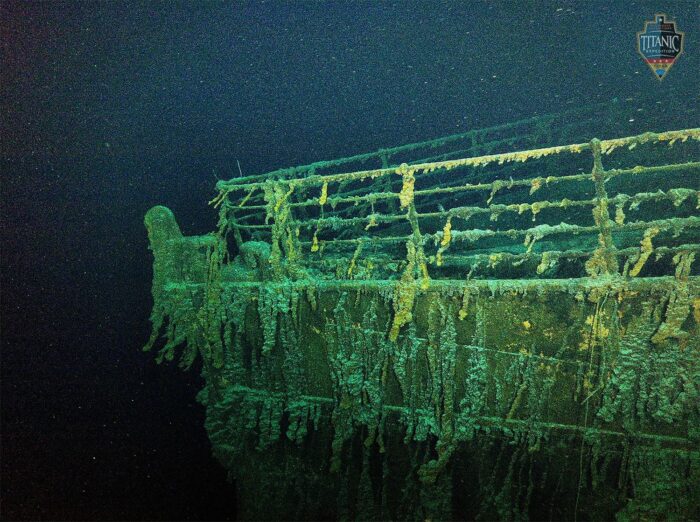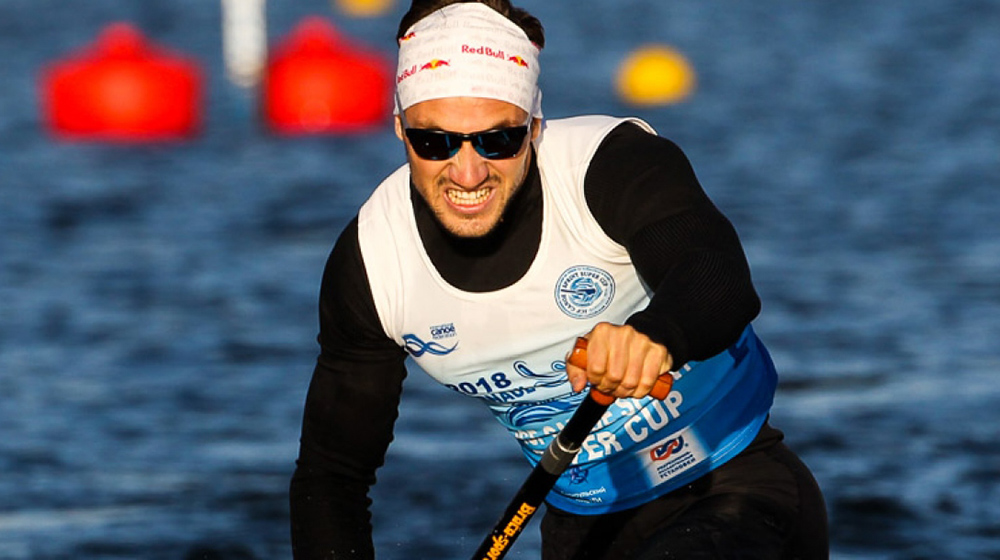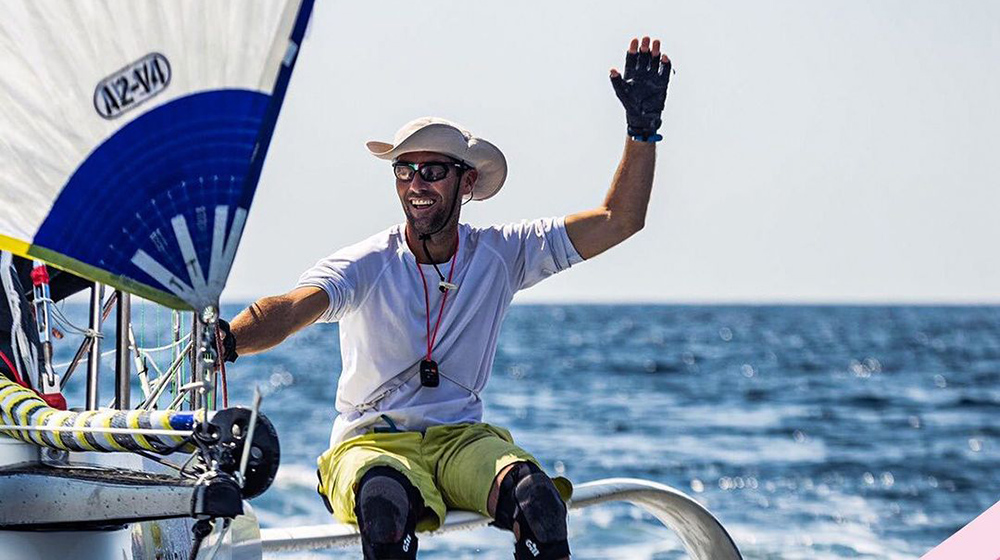
Freediving or apnea: Techniques and Precautions
Freediving, also known as freediving, is a fascinating activity that has captivated adventurers and ocean lovers for centuries. Unlike traditional scuba diving with oxygen tanks, freediving involves diving into the depths of the ocean with the help of a single breath of air.
This sport not only arouses curiosity, but also offers a unique connection to the underwater environment.
History and Evolution in the practice of freediving
Freediving has its roots in ancient times, where coastal communities used freediving techniques to fish and gather food. Over the centuries, various cultures perfected these skills, making freediving a way of life.
However, it was in the 20th century when this ancient art evolved into a sporting and recreational discipline, with the establishment of records for depth and time underwater.
Freediving Techniques and Equipment
One of the most distinctive features of freediving is the lack of self-contained breathing apparatus. Freedivers rely on their lung skills and the ability to hold their breath.
Breathing techniques are the key to this sport.
- Diaphragmatic breathing: Diaphragmatic breathing, also known as abdominal breathing, is crucial in free diving. It consists of inhaling deeply using the diaphragm instead of the rib cage. This technique maximizes lung capacity and helps retain oxygen for longer periods of time.
- Controlled Breathing: Learning to control breathing is essential. Freedivers practice specific inhale and exhale patterns to optimize oxygen consumption and maintain calmness underwater.
Basic Freediving Equipment: Tools for Underwater Adventures
- Fins: Fins are essential for moving efficiently in the water. They should be comfortable and provide enough power for fluid movements.
- Mask and Snorkel: A good quality mask ensures clear and comfortable vision underwater, while a snorkel allows efficient inhalation without having to lift your head.
- Wetsuit: Although not mandatory, a wetsuit can be beneficial for maintaining body temperature in colder water and protecting the skin from prolonged exposure to the sun.
- Weights: The use of weights helps maintain neutral buoyancy, allowing the diver to dive with greater ease and control.
Benefits of freediving in free diving
As you can intuit, freediving goes beyond simple underwater exploration; it also offers a number of mental and physical health benefits.
- Improved Lung Capacity: promotes the development of exceptional lung capacity. Deep breathing techniques and breath holding contribute to greater respiratory efficiency.
- Cardiovascular Strengthening: Constant underwater activity promotes a healthy cardiovascular system. The combination of finning and freediving improves endurance and blood circulation.
- Stress and Anxiety Reduction: Immersing yourself in the aquatic environment and experiencing the tranquility of the ocean has positive effects on mental health. Freediving has been associated with reduced stress and anxiety.
- Nature Connection: This sport offers a unique opportunity to explore the underwater world and connect with marine life. Divers enjoy an immersive experience in nature, fostering appreciation and conservation of the aquatic environment.
- Adventure and Personal Challenge: Each dive is an opportunity to push personal limits and enjoy the thrill of exploring the depths of the ocean. Freediving is a challenging activity that rewards personal effort and self-improvement.
Challenges and Precautions
Freediving, while exciting and rewarding, comes with specific challenges and requires important precautions to ensure the safety and well-being of divers. Here are some key challenges and precautions in its practice:
Challenges
Hypoxia
Hypoxia, or lack of oxygen, is one of the main risks of freediving. As divers dive deeper, pressure increases and available oxygen decreases, which can lead to hypoxia if breathing and dive times are not properly managed.
Nitrogen narcosis
Although less common in free diving than in scuba diving, nitrogen narcosis can occur on deep dives. The increased pressure can affect cognitive ability and judgment, which can be dangerous if not recognized and managed properly.
Barotrauma
Rapid pressure change during descent and ascent can cause barotrauma to the ears, sinuses and lungs. Divers should learn and practice equalization techniques to minimize the risk of injury.
Fatigue and Overexertion
The sport can be physically demanding, especially during long or deep dives. Fatigue and overexertion can increase the risk of accidents and injuries, so it is important to know one's limits and rest properly between dives.
Precautions
Training and Certification
It is essential to receive proper training and certification from a recognized organization before freediving. Freediving courses teach breathing techniques, safety, equalization and risk management.
Respect Personal Limits
Every diver has unique limits in terms of depth, dive time and endurance. It is important to recognize and respect these personal limits to avoid accidents and injuries.
Dive Buddy
Diving with a buddy is a recommended practice. A buddy can provide assistance in an emergency and provide an additional layer of safety and supervision during the dive.
Dive Planning
Before each dive, it is crucial to conduct detailed planning that includes maximum depth, dive time, landmarks and emergency procedures. Careful planning helps minimize risks and ensures a safer experience.
Safety Equipment
In addition to standard equipment, such as mask and fins, divers should carry signaling devices, such as surface buoys and whistles, to alert other divers in case of an emergency.
In conclusion, freediving is a transformative experience that combines physical prowess with a spiritual connection to the ocean. Through its challenges and rewards, freedivers discover an underwater world full of wonders.













_v2.svg)
_v2.svg)









_v2.svg)


